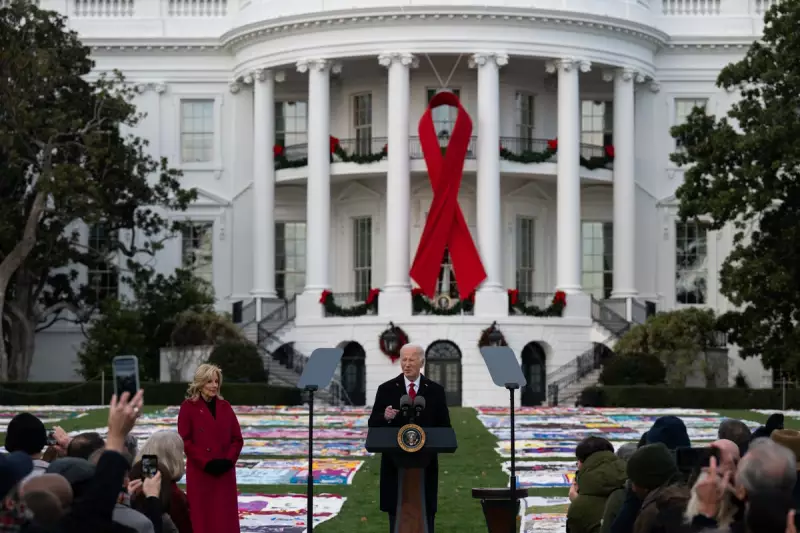
In a significant policy shift, the Trump administration has decided to end the US government's long-standing public recognition of World AIDS Day, a tradition dating back decades.
End of an Era for HIV Awareness
The US State Department has instructed its employees to cease using federal funding for any activities commemorating World AIDS Day. This directive is part of a broader federal government policy to refrain from official messaging on all commemorative days, including social media posts and public engagements.
A spokesperson for the State Department defended the move, stating that "an awareness day is not a strategy", and emphasised a focus on direct work with foreign governments to save lives.
Breaking with a 37-Year Tradition
This decision marks a stark departure from a tradition that began in 1993, when President Bill Clinton first issued a Presidential Proclamation for World AIDS Day. For 37 years, the US government has publicly marked the day, using its global platform to highlight the ongoing fight against HIV and AIDS.
The change in policy comes at a time when The US President’s Emergency Plan for AIDS Relief (PEPFAR), a major global initiative tackling HIV/AIDS, has already faced funding cutbacks. The current administration has proposed further reductions to its budget.
Implications for Global Health
The cessation of official World AIDS Day commemorations by the world's leading power in global health diplomacy sends a powerful message. Critics argue that public awareness campaigns are a vital component of the fight against HIV, helping to reduce stigma and encourage testing. The move, coupled with proposed cuts to PEPFAR, raises concerns about the future commitment of the United States to the global goal of ending the AIDS epidemic by 2030.





